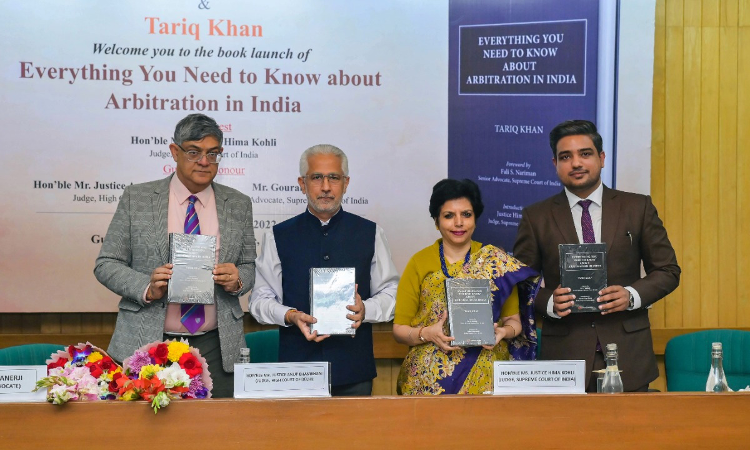The book titled "Everything you need to know about Arbitration in India" published by Thomson Reuters and authored by Tariq Khan was released on 19th November at India Habitat Centre, New Delhi.The event witnessed Justice Hima Kohli, Judge, Supreme Court as the Chief Guest with Justice Anup Jairam Bhambani, Judge, Delhi High Court and Gourab Banerji, Senior Advocate, Supreme Court as the...

